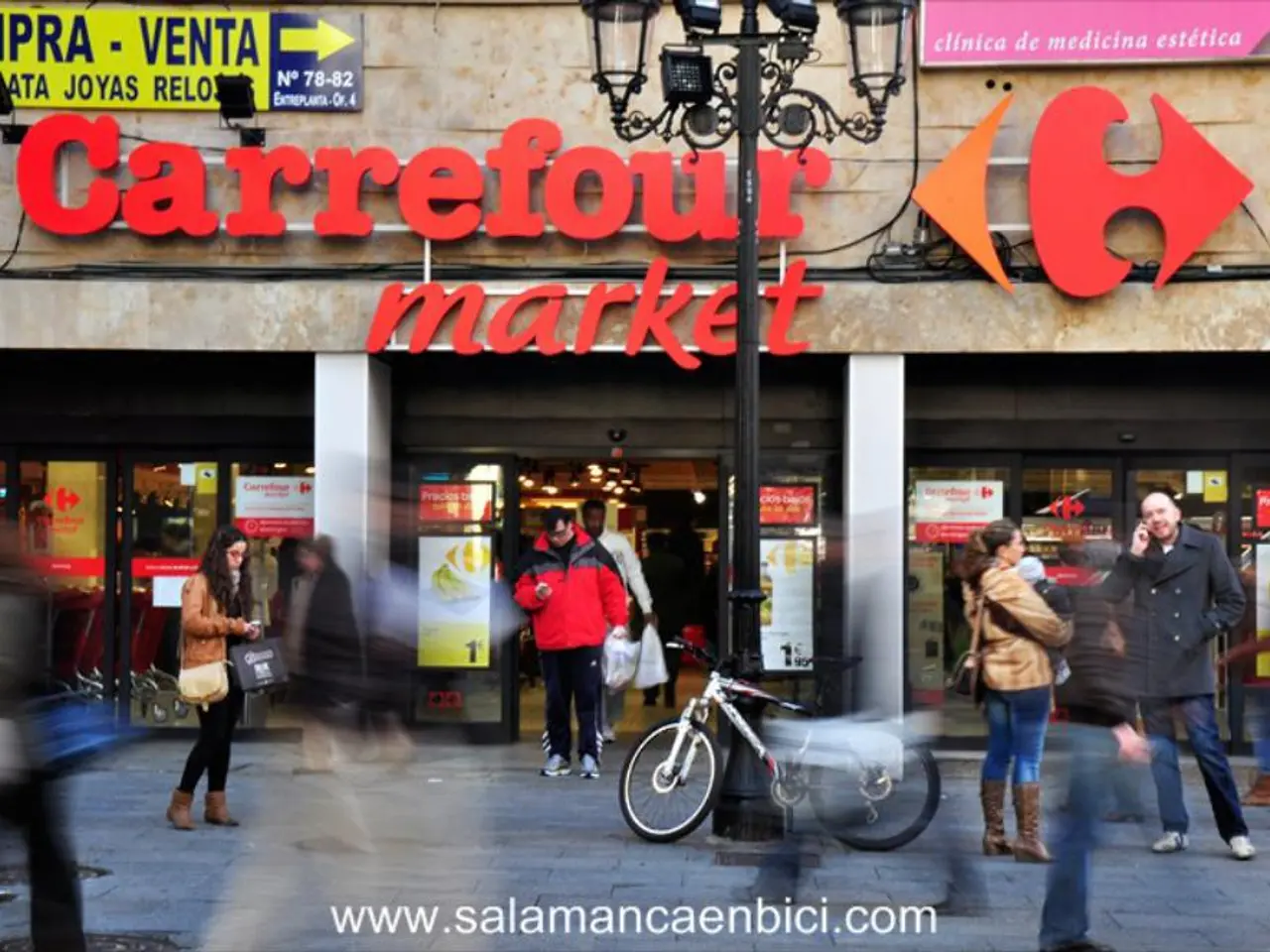Retail expert from Kingston University discusses street shopping revival amid easing of Covid-19 limitations
In the midst of a gradual easing of Covid-19 restrictions, non-essential shops in England have reopened, and it seems that the allure of physical shops remains strong. According to recent findings, some shoppers, both young and old, consistently prefer the brick-and-mortar experience.
One retailer that has experienced a surge in demand is Primark, an offline-only retailer. On the first day of reopening, long queues of people were seen outside Primark stores, eager to get a glimpse of the company's low-priced, fast fashion value proposition.
But it's not just Primark that's seeing a resurgence in popularity. Other stores, such as yoga apparel retailers and furniture stores offering extensive, high-quality home furnishings, have also attracted customers post-Covid-19. This increased demand can be attributed to a shift in priorities, with many consumers focusing on health and fitness during the pandemic, and spending more time at home.
Shopping, it seems, is not just about convenience. While the online shopping channel may win out in terms of physical effort, the cognitive effort can vary depending on factors like decision-making style and product knowledge. For some shoppers, the convenience of browsing, trying on items, and getting advice from expert staff in a physical shop outweighs the ease of online shopping.
In a research study, the majority of shoppers described their perfect shopping experience as a large, beautiful shop where they could browse, get ideas and inspiration, touch and try, and get advice from expert staff. This preference for physical shops is not just about the practical aspects, but also the sensory experiences that shops offer. Shops provide a unique shopping experience that cannot be fully replicated in the online shopping channel, offering pleasurable sights, sounds, and smells that enhance shoppers' wellbeing.
However, online shopping does have its advantages. For those who prefer to minimise emotional effort, the convenience of shopping from the comfort of their own home can be appealing. But for those who find online shopping bewildering, leading to frustration, fatigue, and a sense of reduced self-efficacy, the reassurance of trying before buying and taking the product home immediately that physical shops provide can be a welcome relief.
In the multichannel shopping environment, shops need to earn their place by delivering excellent customer service and enticing store atmospherics. By doing so, they can continue to attract shoppers who value the unique shopping experiences that physical shops offer. After all, while convenience is a key factor in shopping, so is the hedonic value that shops provide.





